AI-driven computer vision could help to save organic human vision, with a new automated system able to identify over 50 eye diseases more accurately than doctors.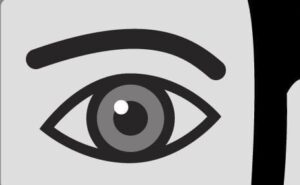
It’s the product of a collaboration between AI specialist DeepMind, the UK’s Moorfields eye hospital NHS foundation, and the University of College London. The system is designed to read retina scans, and to look for signs of disease requiring treatment; and its creators say it can identify them with an accuracy of 94 percent.
As The Guardian reports, the computer vision system’s operation is complex. First, five distinct machine learning algorithms create maps of optical coherence tomography scans of patients’ retinas. Next, those five maps are assessed by five other machine-learning algorithms, which combine their analysis into a single result indicating the likelihood of disease as a percentage.
Speaking to the paper, a consulting ophthalmologist at Moorfields explained that the automation of diagnosis offered by this system could have a substantial impact. “The number of eye scans we’re performing is growing at a pace much faster than human experts are able to interpret them,” he said. “The AI technology we’re developing is designed to prioritise patients who need to be seen and treated urgently by a doctor or eye care professional.”
The technology offers an example of the benefits offered by AI-driven computer vision technology, which has come under intense scrutiny in recent months in the UK and the US over its use in police surveillance activities. No one denies that AI can do much good for society, of course, and for the patients who ultimately benefit from this particular system, the technology’s utility will be crystal clear.
Source: The Guardian
–
August 14, 2018 – by Alex Perala



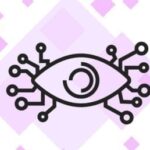

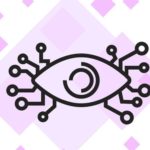
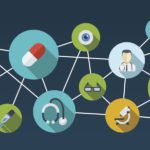
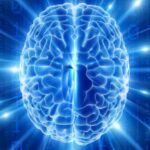
Follow Us